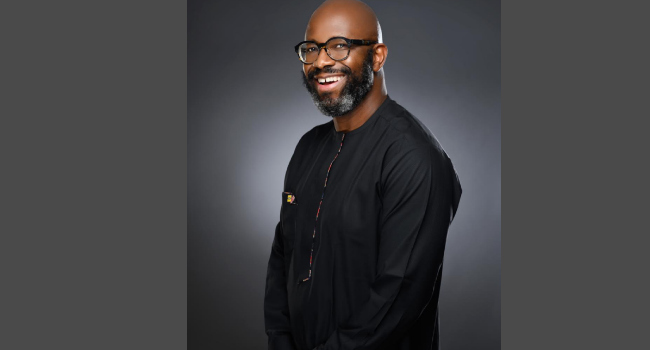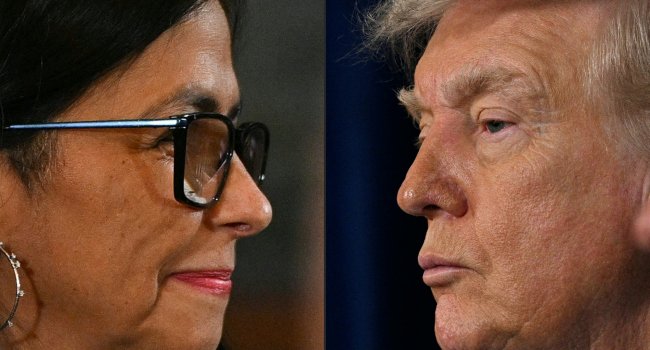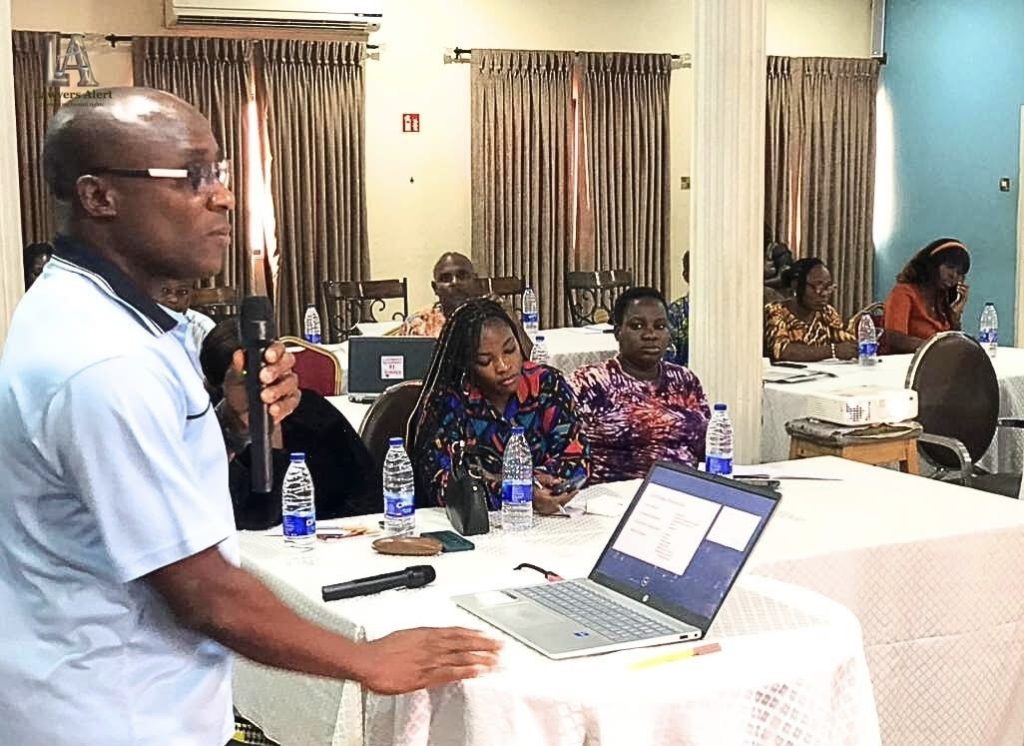A rights group has called on community and political leaders to adopt gender policies that ensure equal opportunities for men and women to participate in decision-making processes. During a meeting on “Responsibility Sharing” held at a community hall in Okoro-Utip, Ibeno Local Government Area of Akwa Ibom State, Dr. Elsie Ifon of the Health of Mother Earth Foundation (HOMEF) highlighted the importance of involving women in decision-making roles within communities. She emphasized that by assigning women serious responsibilities, communities can mitigate restiveness and address socio-economic challenges with passion and effectiveness.
According to Dr. Ifon, community leaders must move beyond gender stereotypes and prioritize merit when filling positions or offices. By doing so, communities can experience remarkable progress and development. Furthermore, she acknowledged that women often face barriers when accessing employment opportunities and running for elective political positions. Dr. Ifon encouraged women to empower themselves through education and skills acquisition, rather than limiting their involvement to being cheerleaders for politicians.
“I believe that once the right people, regardless of gender, are assigned various responsibilities, there will be development and progress. What matters is competency. If more women are given significant roles and not relegated to mundane tasks, the impact will be significant,” stated Dr. Ifon.
Dr. Ifon expressed disappointment that women are often only remembered during political campaigns, used to create crowds and cheer for politicians. She called for a shift in mindset and for women to be empowered and encouraged to take up meaningful roles in decision-making processes.
Jacob Iniodu of Kebetkache Women Development and Resource Centre also spoke at the meeting, expressing regret over the underrepresentation of women in decision-making positions. He highlighted the fact that women often lead protests and fight for their families and communities’ well-being, only to be sidelined when the benefits of these efforts are distributed.
“When communities organize protests, women are at the forefront, championing the cause. However, when the benefits come, they are left behind. It is crucial that responsibility and benefits are shared equally. The perception that women don’t speak up in meetings has led to their stigmatization. To address this, we need to bring them to the decision-making table,” said Iniodu.
The call to involve more women in decision-making processes is a crucial step towards achieving gender equality. Empowering women and providing them with equal opportunities will not only lead to improved community development but also harness the diverse perspectives and strengths they bring. It is time for communities to recognize the invaluable contributions women can make and to create an inclusive environment that nurtures their potential.



